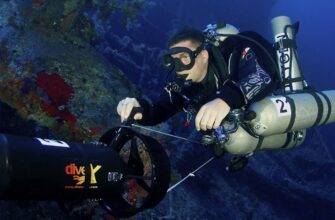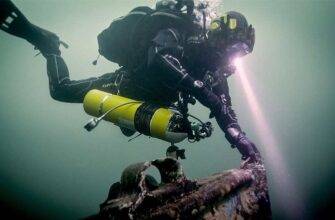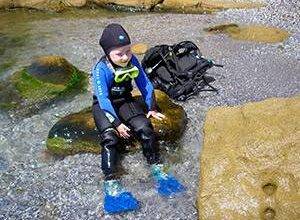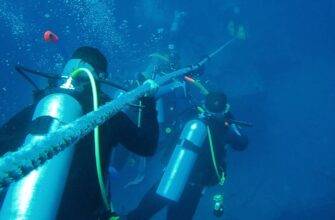Scuba diving is a type of diving. The prefix scuba emphasizes the specifics of the diver’s equipment. In general, the term scuba diving can be translated as swimming underwater with self-contained breathing apparatus. In simple terms it is scuba diving.
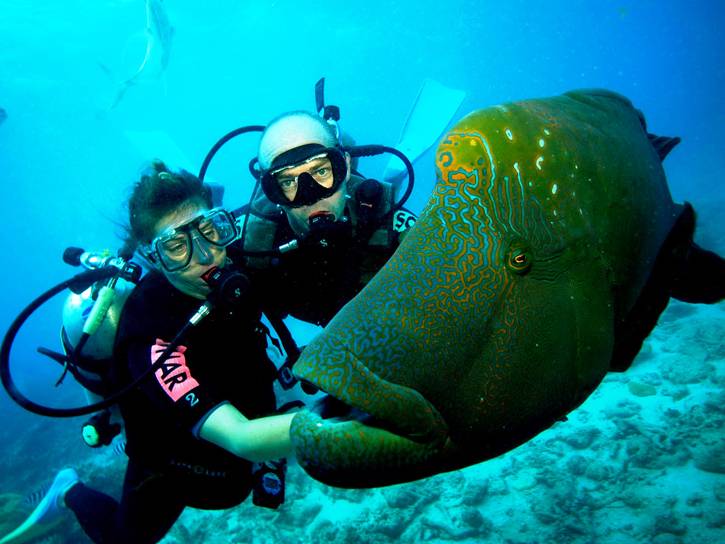
Many divers around the world prefer this kind of diving. This is because scuba diving provides the opportunity to dive in the most interesting places of the mysterious world of the underwater depths. Of course, this time will leave an unforgettable feeling.
The traditional set of equipment and gear of any scuba diver should include the following items:
- A container of compressed air (cylinder);
- Regulator;
- BCD or buoyancy compensator.
These items will allow the diver to breathe unobstructedThe feeling of being underwater and of being part of the underwater universe is not enough to describe it. A simple description of these feelings is not enough, it is necessary to experience and understand the whole process in practice. You can become a part of the immense element, discovering a new facet of life and touching the mysteries of the watery realm.
Scuba divers can explore the aquatic realm in a variety of ways. It all depends on the diver’s imagination and practical skills. For example, technical diving (speleology), assumes that the diver has excellent physical data and some experience that is acquired during the long months of practice and training. But the emotional side, obtained from such heavy diving, will be comparable only with a feeling of real happiness.
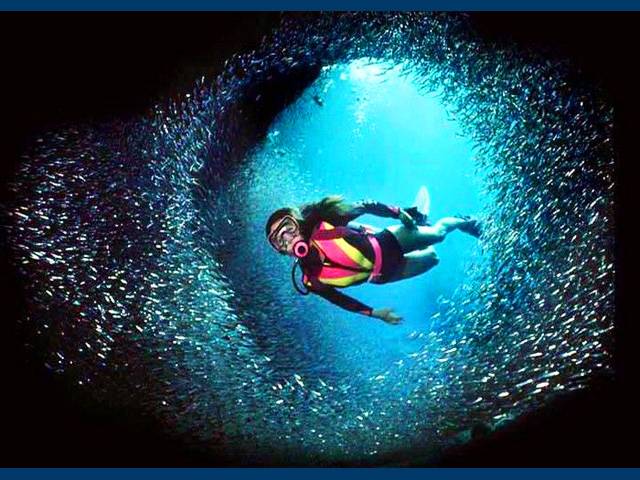
Scuba diving has a certain classification:
- The recreational type of diving is defined by acquaintance with new territories and its exploration;
- speleology involves exploring underwater grottos and caves;
- technical diving means diving to very great depths;
- Drift scuba diving skill, which is the ability to “catch a wave” (underwater) and with it carry past beautiful underwater panoramas;
- Drop off involves a slow descent near a coral wall that will allow you to experience the infinity of the water world;
- Wreck diving involves exploring sunken vessels that have kept their secrets for years;
- Night diving will deliver a truly extraordinary experience.
Any direction of scuba diving involves a serious approach to each individual dive. First you should take a full course of mandatory training, make sure the quality and serviceability of equipment, as well as take out a reliable insurance policy, which will have an extension “Extreme Sports».
With joining the ranks of scuba diving your life will become bright and colorful. Not only will you be able to appreciate all the beauty of the underwater expanses, but you will also get the skills, which obviously does not hurt to have. It only remains to wish you a pleasant dive and a comfortable swimming.
Scuba diving – it’s a fascinating occupation, but quite dangerous. The diver challenges the very water element. Sometimes it comes out a winner, and sometimes it overestimates its power and makes mistakes.
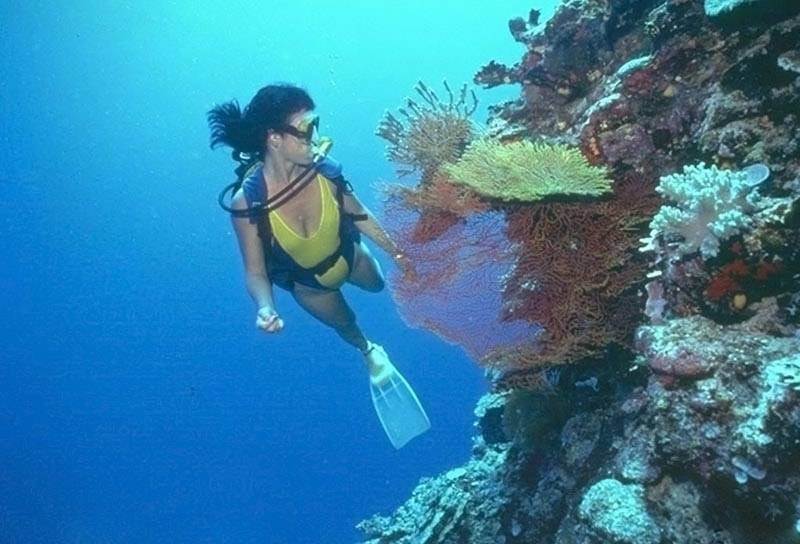
Maximum depth of scuba diving
At one time the scuba diver Maurice Farg dived to a depth of 120 meters. At the time it was a prohibitive distance. But Fargues lost the battle – death caught up with him in the depths of the sea.
Florida scuba diver Hope Ruth also gave his life for the record. He reached the depth of 152 meters, but his body was never found.
More successful dives were at the Frenchman André Chanevier (130 meters). But Pierre Laporta and André Portlatine questioned all previous records with their actions. At first they supposedly plunged to a depth of 150 meters. But then it turned out that their outermost point was 33 meters. And all the other marks they simply ripped off the cable.
The world record for scuba diving record for scuba diving belongs to French diver Pascal Bernabé. In July 2005, he dived to a depth of 330 meters. The diver was preparing for this result for 3 years.
Scuba divingfor different prices
The basic course Open Water Diver taught in almost all the diving clubs of the capital.
After taking it, you’ll learn how to scuba dive, and you can dive without the help of an instructor. We recommend to know about the cost of such equipment. Classes are mostly held in swimming pools. At the end of the course a certificate of international standard is issued. Many dive clubs provide the opportunity to study on an individual schedule. The cost of diving can vary greatly, from 1000 rubles to 5000 rubles per dive. We recommend to know about breath holding records.
You can learn how to scuba dive in the diving club “Diver”, diving clubs “Aquatica”, “SD-Club” and many others.
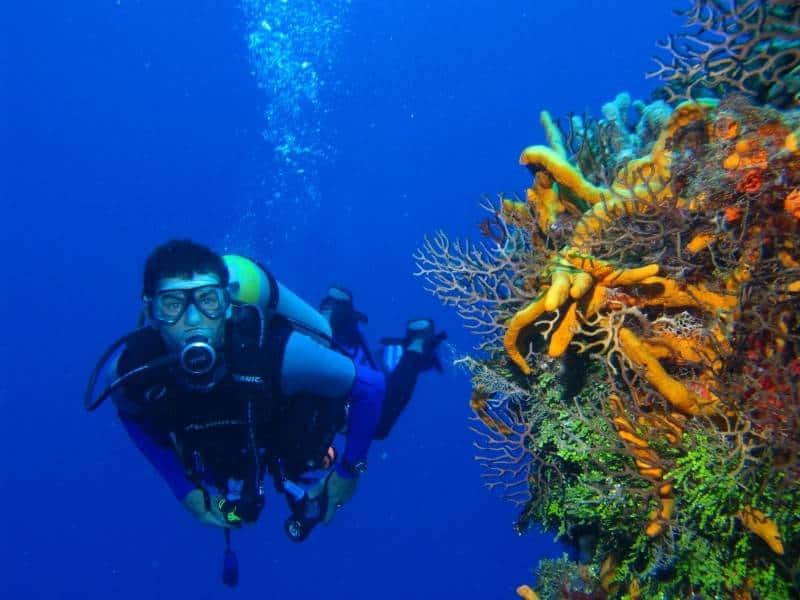
Scuba diving rules
- Do not think about diving alone;
- Check your equipment before you dive;
- Enter the water with your back to the front from the shore;
- While in the water, constantly check the depth gauge, the time, your and your partner’s air supply, and the direction of travel.
- Do not dive to depths of 40 meters or more;
- Control the ascent process;
- If you feel unwell, interrupt the dive;
- Keep your body in good shape at all times;
- Do not dive if you have a cold;
- Do not drink alcohol on the eve of a dive;
Fifteen years ago diving was available only to a select few: athletes, professional divers, scientists and reckless amateurs. But now scuba diving – a form of entertainment that is available to all, or those who are willing to spend money on it.
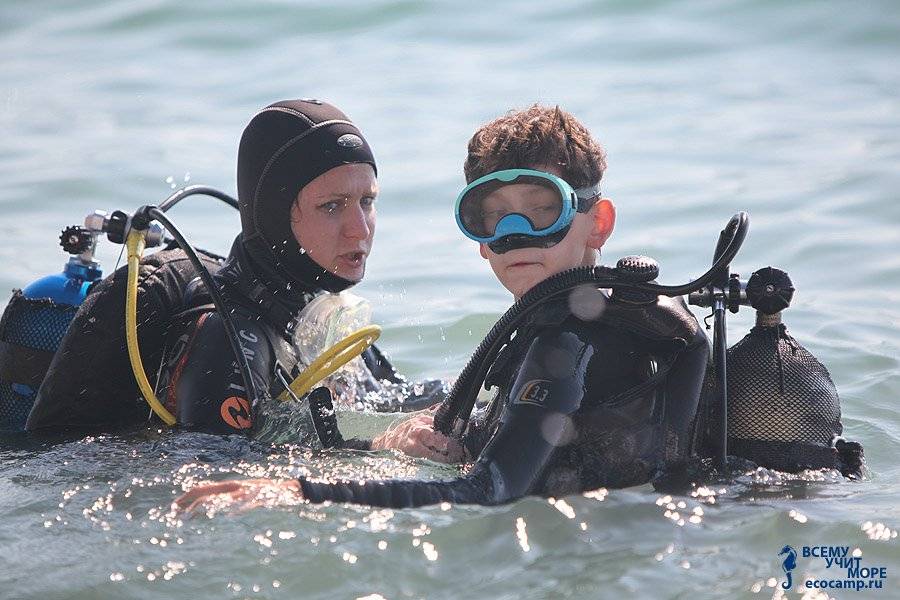
Scuba diving is an amazing activity. Thanks to the scuba diver, a person can be in the water for a long enough time. And this time is enough to consider the amazingly beautiful underwater world.
Scuba It appeared in 1943. Its inventor – Jacques-Yves Cousteau and Emile Gagnan. By the way, the equipment produced by the company “Aqua Lung” is called a scuba diver. All the rest are “scuba“.
Unfortunately, not everyone is allowed to scuba dive. Contraindications include epilepsy, bronchial asthma, heart failure, lung disease, schizophrenia and encephalopathy. Divers may also suffer from seasickness.
The reason is that these illnesses can lead to loss of consciousness, seizures, dizziness, and even cardiac arrest at depth.
Temporary contraindications include acute diseases (acute respiratory infections, rhinitis, bronchitis). But with some chronic diseases diving with scuba diving is even useful.
Learning to scuba dive
Before you dive into the abyss of the sea, you need to undergo special training and receive a certificate. Ask, what is it for?
Firstly, you can’t do without knowledge in the depths.
Secondly, in an emergency you will at least have an idea of what to do.
And thirdly, without a certified card you can’t rent equipment and to refill your tank with air.and even if you can, you’ll pay a lot of money for it.
It’s better to be trained in a trusted and reliable clubs. And it is better to be trained in your homeland! For example, a full course of initial training (theoretical and practical part) takes 20-25 hours of classes.
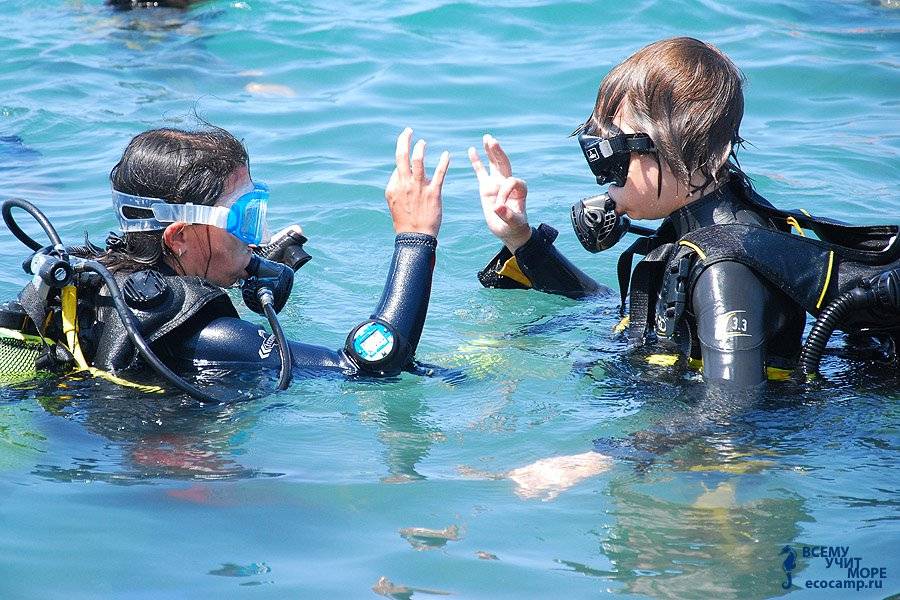
Why waste this time on vacation?
In addition, when training on their own territory you can always ask questions to your instructor. But you are unlikely to call abroad. Yes, and the cost of courses at the resort is much more expensive.
The system for the training must choose a certificate that you will be issued at the end, was recognized by the international community.
The main international federations that have their own training and certification system is CMAS, PADI, IDD, SDI, NAUI, NDL and so on. There are about 17 associations in total.
Read More:
